17 Intriguing Betta Fish Facts You Didn’t Know Before
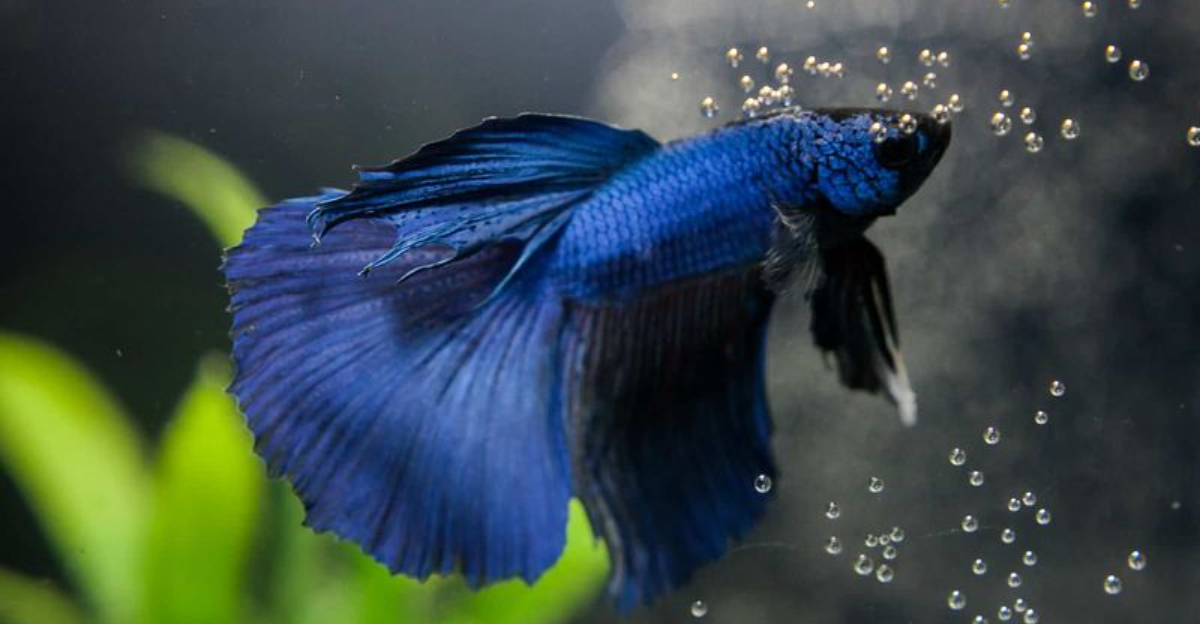
Betta fish, also known as Siamese fighting fish, are a popular choice among aquarium enthusiasts. Their vibrant colors and lively personalities make them fascinating creatures to observe.
Let’s see some interesting facts about these unique fish, ranging from their natural habitats to their care requirements.
1. Territorial Behavior
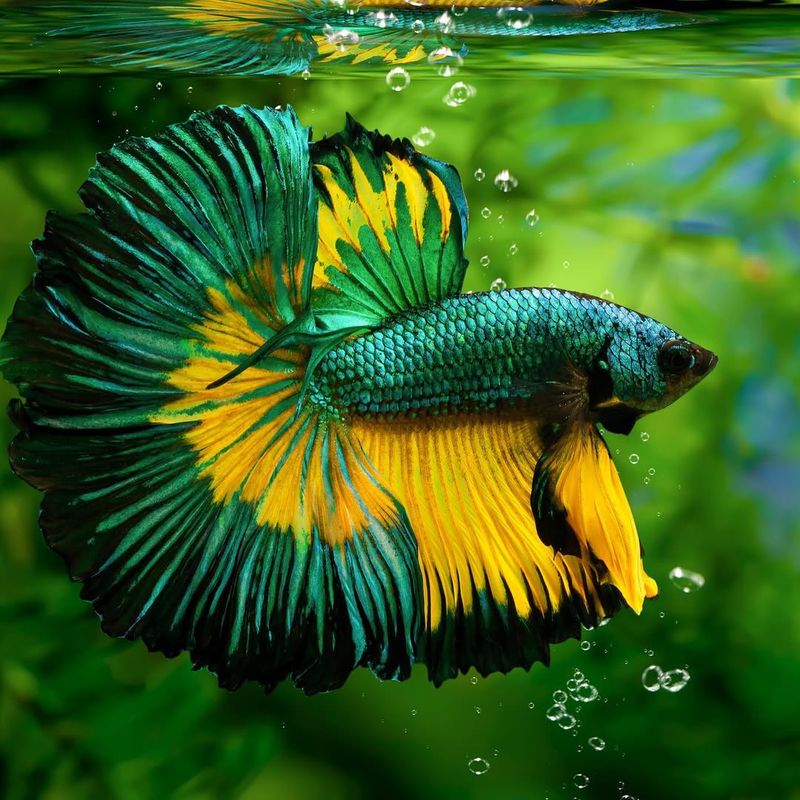
Betta fish are known for their aggressive territorial behavior, especially the males. They are often highly protective of their space and will aggressively defend their territory from other males.
This is one reason why it’s important not to keep male bettas together in the same tank, as they can become stressed or even fight to the death. Females are less aggressive, but they can still show territorial behavior, particularly when breeding.
2. Unique Fins And Tail Shapes
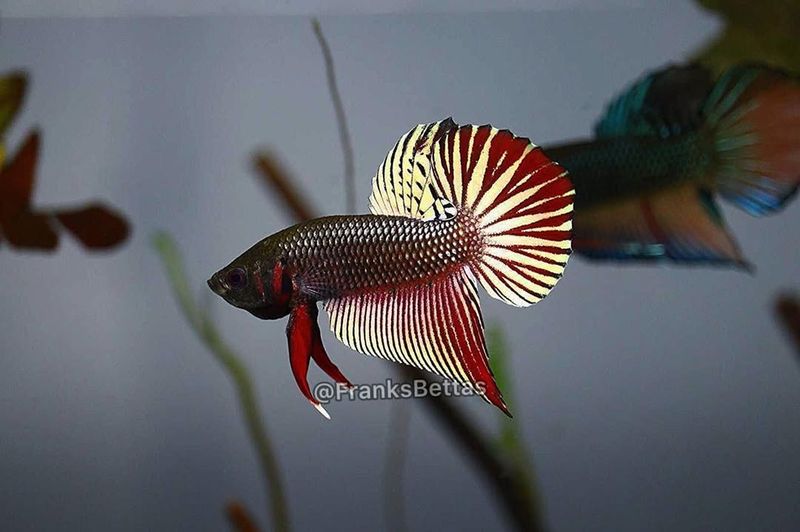
Betta fish are famous for their extravagant fins and tails, which come in various shapes and sizes, such as veil tails, crowntails, and double tails. These vibrant and flowing fins are one of the primary reasons bettas are so popular as aquarium fish.
Their colorful displays are not just beautiful but also serve as a way to attract mates and assert dominance, with males often flaunting their fins to intimidate rivals or catch the attention of females.
3. Origins
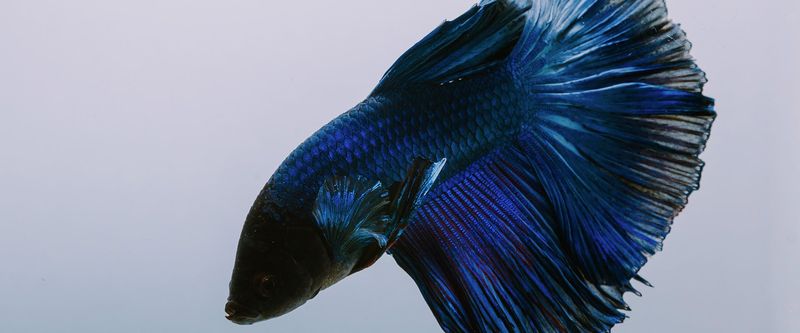
Betta fish are native to the warm, shallow waters of Southeast Asia, particularly Thailand. They thrive in environments like rice paddies, ponds, and slow-moving streams. This natural habitat is characterized by dense vegetation, providing ample hiding spots and breeding grounds.
In the wild, Betta fish are accustomed to fluctuating water levels and temperatures. This adaptability has contributed to their resilience in captivity.
4. Labyrinth Organ
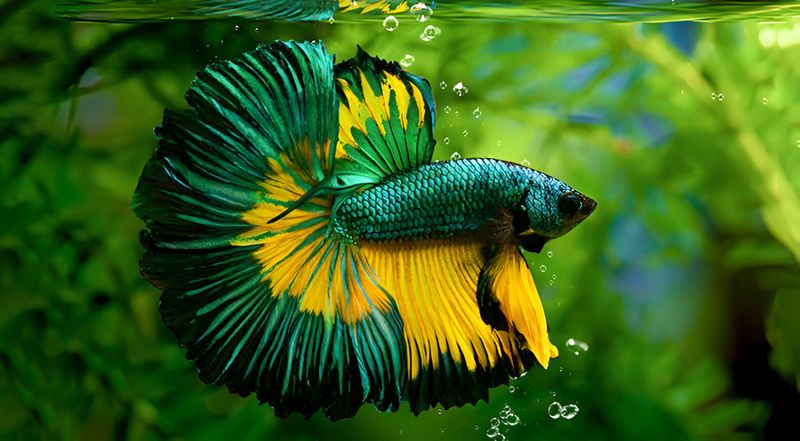
Betta fish possess a unique organ called the labyrinth, which allows them to breathe atmospheric air. This adaptation is crucial for survival in oxygen-poor waters.
The labyrinth organ is located near the fish’s gills and functions similarly to a lung. It enables them to gulp air from the surface, giving them an advantage in stagnant waters.
5. Aggressive Nature
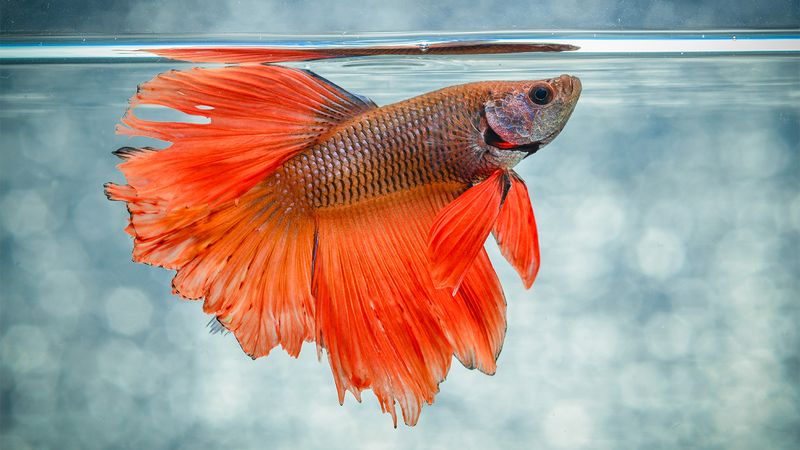
Betta fish are well-known for their aggressive behavior, especially among males. This trait has earned them the nickname ‘Siamese fighting fish.’
Male Bettas will flare their fins and gills when encountering rivals, often leading to fights. This behavior is a natural instinct to protect territory and assert dominance.
6. Feeding Habits
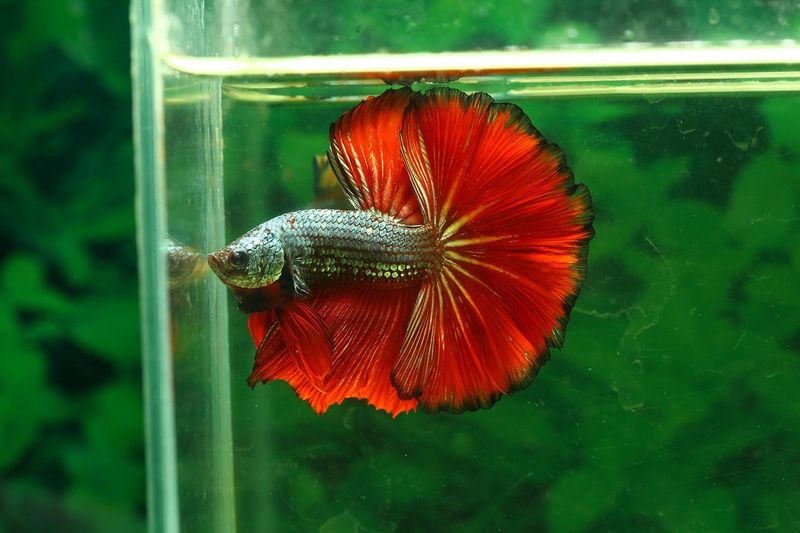
Betta fish are carnivorous, thriving on a diet of protein-rich foods. In the wild, they feed on insects and larvae that fall into the water.
Providing a variety of foods, such as pellets, frozen, or live food like brine shrimp and bloodworms, ensures they receive balanced nutrition. This variety mimics their natural diet and fulfills their dietary needs.
7. Colorful Varieties
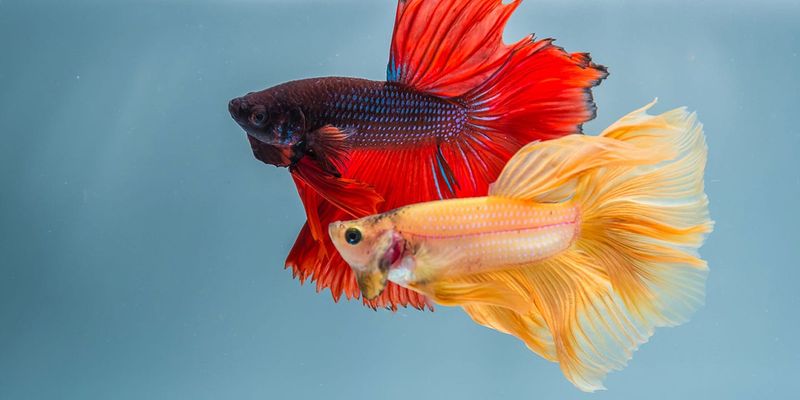
Betta fish come in a dazzling array of colors and fin types, thanks to selective breeding. From vibrant reds and blues to pastel hues, their beauty is mesmerizing.
Each Betta’s color and fin type have been developed to enhance their natural allure. The variations include veiltail, crowntail, and halfmoon, each with unique characteristics.
8. Bubble Nests
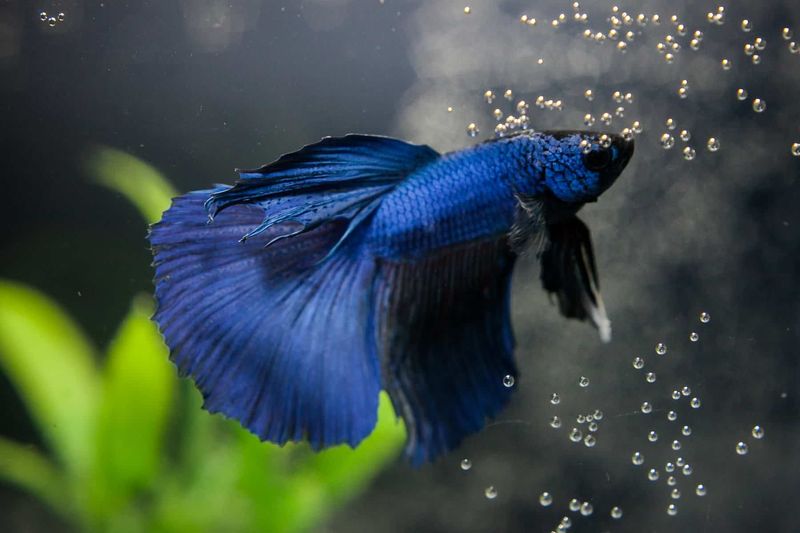
Male Betta fish are known for building bubble nests, especially when ready to reproduce. These nests are collections of bubbles created at the water’s surface.
The bubbles are sticky, forming a protective layer for the eggs. Males carefully place the eggs within this nest after spawning.
9. Loneliness And Companionship
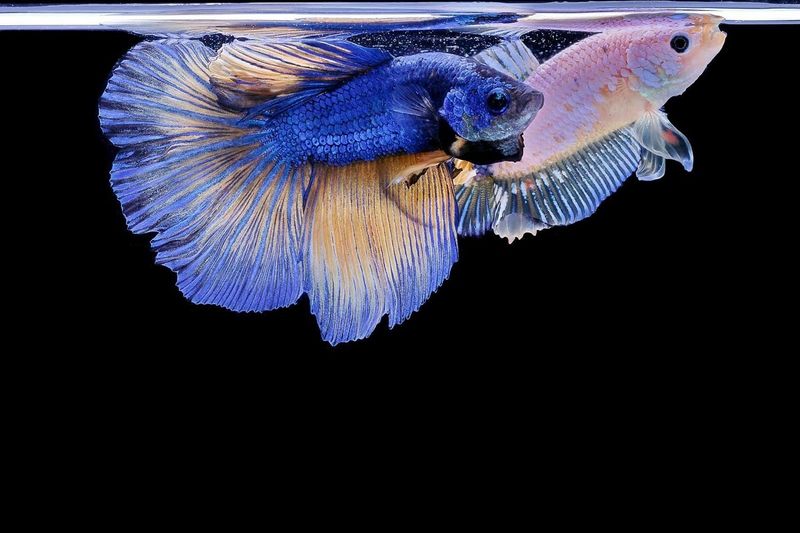
Contrary to their aggressive nature, Betta fish can experience loneliness. While males should not be housed together, they can cohabit with certain peaceful species.
Tank mates must be chosen carefully to avoid stress and aggression. Suitable companions include snails, shrimp, and certain small fish species.
10. Sensitivity To Water Conditions
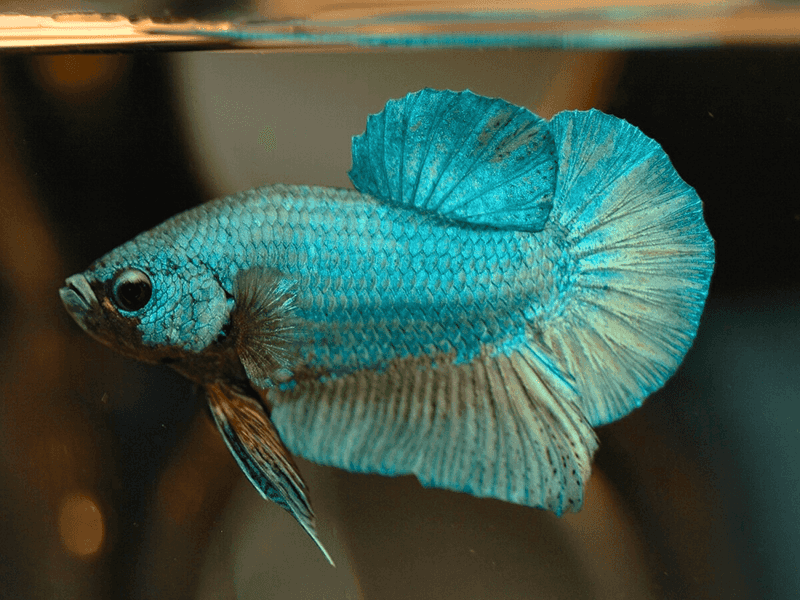
Betta fish are sensitive to water conditions, requiring clean, well-maintained environments. Poor water quality can lead to diseases and stress.
Maintaining a stable temperature, pH level, and regular water changes are essential for their health. Betta fish thrive in slightly acidic to neutral pH and warm temperatures.
11. Intelligent And Responsive
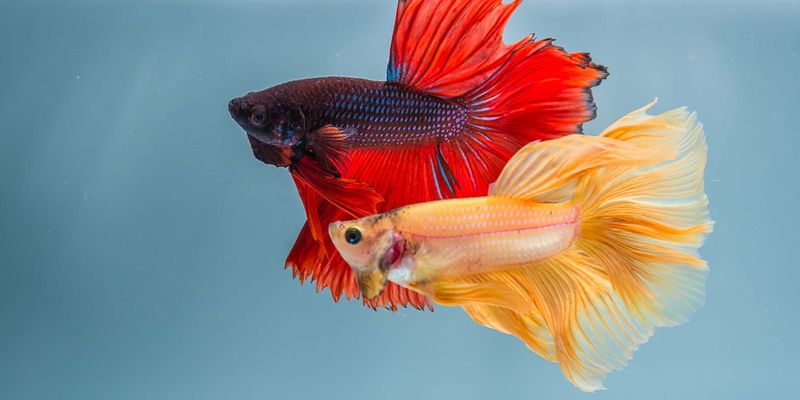
Betta fish are known for their intelligence and responsive nature. They can recognize their owners and respond to stimuli like feeding times.
This intelligence allows them to learn simple tricks, such as jumping for food or swimming through hoops. Engaging with Betta fish through training can be rewarding for both the fish and owner.
12. Long Lifespan
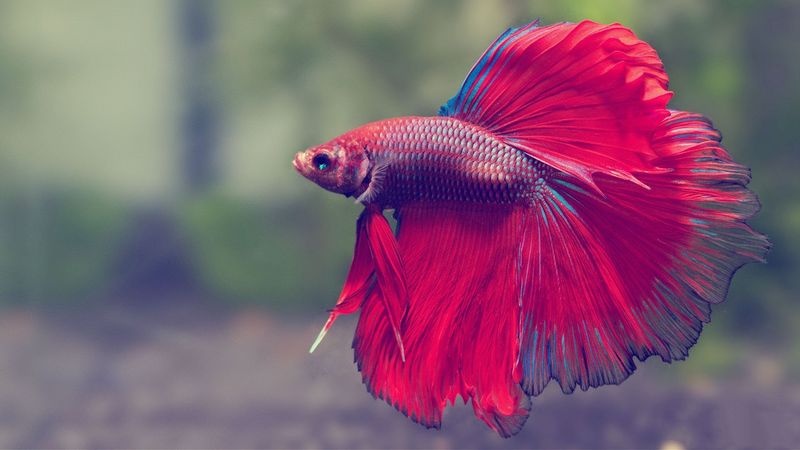
With proper care, Betta fish can live for several years, typically ranging from three to five years. Some even reach up to seven years in optimal conditions.
Their lifespan is influenced by factors such as diet, environment, and genetics. Providing a nutritious diet and maintaining clean water are key to extending their life.
13. Breeding Challenges
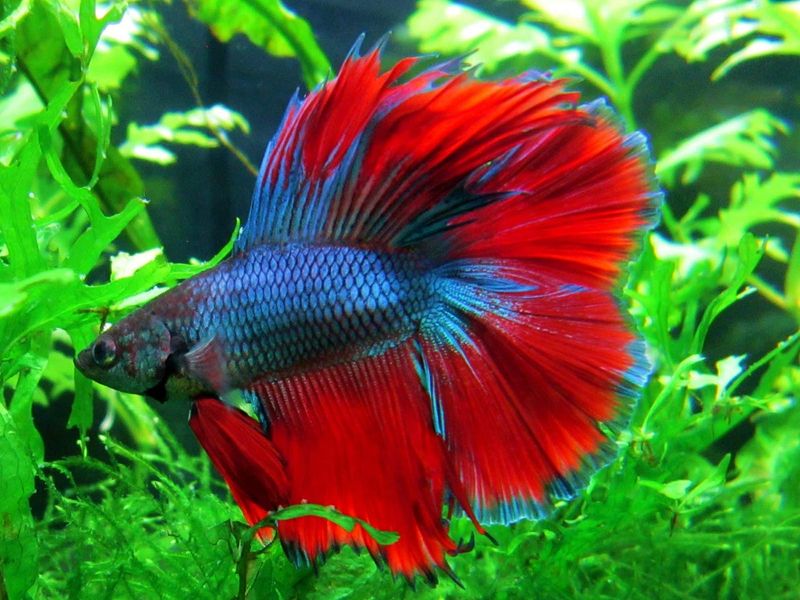
Breeding Betta fish can be challenging but rewarding. It requires understanding their courtship behaviors and providing suitable conditions.
The process involves carefully introducing a male and female, observing their interactions, and ensuring the female is not harmed. The male then builds a bubble nest for the eggs.
14. Vibrant Personalities
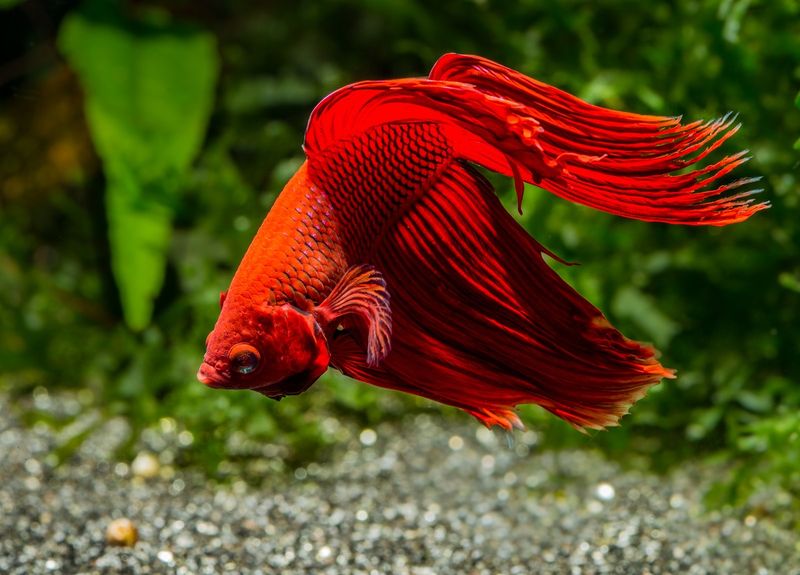
Betta fish are renowned for their vibrant personalities, each possessing unique traits. Some are shy and reserved, while others are bold and curious.
Their behaviors can vary widely, making each Betta a distinct companion. Observing their interactions and preferences offers insights into their individuality.
15. Sensory Perception
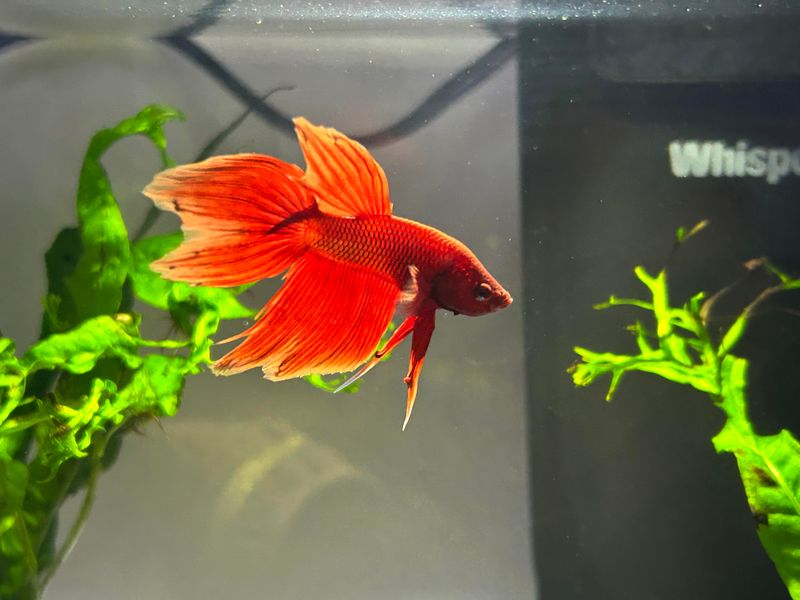
Betta fish have keen sensory perception, relying on sight, smell, and movement to navigate their environment.
Their eyesight is particularly sharp, capable of detecting subtle movements and colors. This ability aids in finding food and recognizing potential threats.
16. Historical Significance

Betta fish hold a rich historical significance, especially in Thailand, where they were first discovered. They have long been a part of local culture and folklore.
Historically, Bettas were used in competitive fighting, a practice that influenced their name ‘Siamese fighting fish.’ Today, they are celebrated for their beauty rather than aggression.
17. Easy To Care For, Yet Demanding
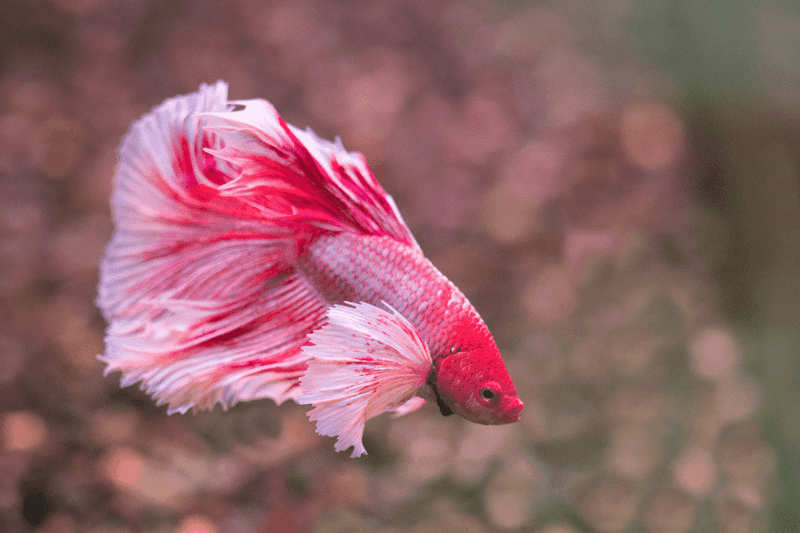
Betta fish are often considered easy to care for, but they have specific needs that must be met. Their hardiness makes them suitable for beginners, yet they require diligent care.
Providing a spacious tank with clean water and appropriate temperatures is essential. Regular feeding and monitoring their health are crucial for their well-being.
Balancing simplicity with attention to detail ensures a thriving environment for Betta fish.






